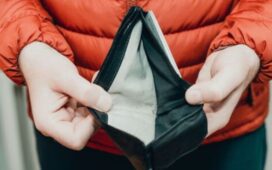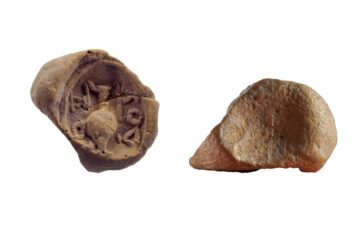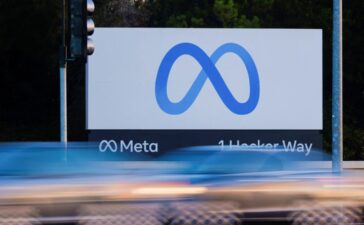Gu Studio | E+ | Getty Images
When Tracye Polson gets home from work, she pours herself a glass of Chardonnay. “It’s really about a ritual, and relaxing,” said Polson, 64, a social worker in Jacksonville, Florida.
This month, she’ll need to find other ways unwind — she’s trying Dry January. Polson was largely motivated to forgo alcohol for 31 days for health reasons. She’s survived breast cancer and has high cholesterol.
But she’s also looking forward to spending less in the coming weeks. The bottles of wine she buys cost around $20 each, and drinks out on the weekends also add up.
More from Personal Finance:
This strategy can help you meet New Year’s resolution goals
Student loan borrowers won’t face missed payments penalties
Fewer students are enrolling in college
If you’re still on the fence about partaking in Dry January, the financial savings are a notable incentive to consider.
“Drinking alcohol is expensive,” said Casey McGuire Davidson, a sobriety coach. “Whether you’re opening a bottle of wine at home or having cocktails out at a bar, the money adds up quickly.”
When Davidson stopped drinking in 2016, she found herself with an extra $500 in her first month. Eight years later, she estimates that she’s saved more than $48,000.
“My husband always comments on what a cheap date I am now that I no longer drink,” Davidson said.
Between 15% and 19% of people have participated in Dry January over the last couple of years, according to research by Morning Consult.
One month can lead to ‘lasting change’
Even a month without drinking can have long-term benefits on your wallet and health, experts say.
People in Britain who participated in Dry January were drinking less than they used to even six months after the challenge, a 2016 study in Health Psychology found.
“It is a great way for people to be mindful about how much they are drinking,” said certified financial planner and physician Carolyn McClanahan, founder of Life Planning Partners in Jacksonville, Florida. McClanahan, a member of CNBC’s Financial Advisor Council, is also trying Dry January.
“Engaging in a month-long challenge like Dry January often serves as a catalyst for lasting change,” Davidson added.
Many of her clients, she said, are concerned about what they’re spending on alcohol, “while others don’t even want to add up the money because they don’t really want to know.”
You can estimate how much your drinking habit costs you on the U.S. Department of Health and Human Services website, with its alcohol spending calculator.
Four drinks a week at $10 a pop — roughly the typical price for a glass of wine at a bar or restaurant —would cost $2,080 a year. Seven drinks a week at that price point would be a $3,640 annual expense.(Meanwhile, the norm for a glass of wine in the Bay Area is now $17, while a $20 cocktail in New York is not unusual.)

Throughout the month, it can be motivating to keep a tally of the money you are not spending, Davidson said. On the app I’m Done Drinking, you can get a breakdown of how much you’re saving — in dollars and calories.
“It provides a tangible representation of progress,” Davidson said.
Savings go beyond the costs of alcohol
The savings of stopping drinking or cutting back go far beyond the alcohol itself, said Danielle Dick, a psychologist and the director of the Rutgers Addiction Research Center.
“When you’re under the influence, you may be more likely to spend money in other reckless ways,” Dick said. For example, people may male impulsive online purchases when they’re inebriated, she said.
Alena Frolova | Moment | Getty Images
“It’s likely that practicing Dry January will also cut back on restaurant meals, saving substantial dollars,” added CFP Cathy Curtis, founder and CEO of Curtis Financial Planning in Oakland, California.
Curtis, who is also a member of the CNBC’s Financial Advisor Council, is not doing Dry January. She and her husband, Rob, spent the new year in wine country in California.
Still, she said, “the older I get, the more mindful I am about alcohol consumption because I realize it is not good for my health.” (“Damp Drinking,” which focuses on moderating alcohol consumption, has been trending on TikTok.)
Indeed, “the less alcohol you drink, the lower your risk for cancer,” the Centers for Disease Control and Prevention states on its website. Many studies have also found that participation in Alcoholics Anonymous lowered health care costs.
“For individuals who are heavier drinkers, reducing substance use over time could reduce many health-related expenses,” Dick said.
CNBC FA Council member Ivory Johnson, a CFP and founder of Delancey Wealth Management in Washington, D.C., put it another way: “Getting sick is a lot more expensive than a bottle of bourbon,” he said.











